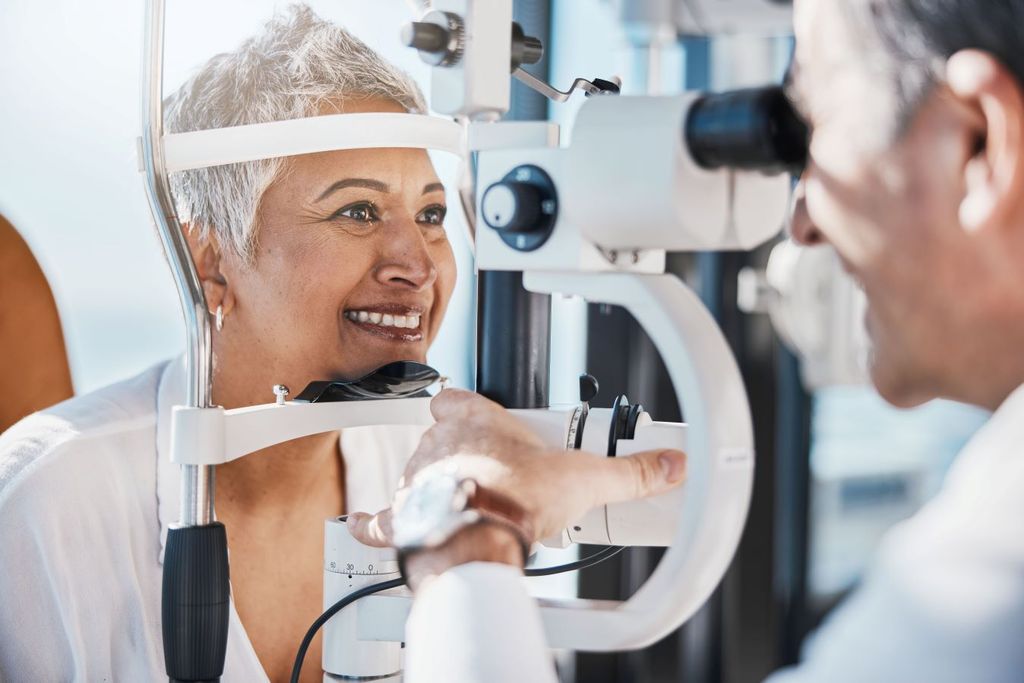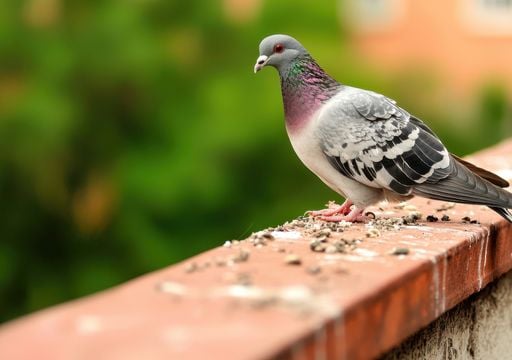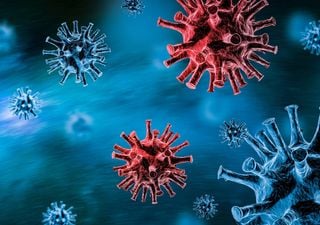Is it fact or fiction to eat carrot or use chamomile tea for your eyes? A specialist explains
Reducing myths and making certainties about visual health more widely known should be an objective of your New Year's resolutions.

With the arrival of the new year, it is common to seek better health, but unfortunately, there are myths around that hinder our efforts to take proper care of ourselves, such as particular home remedies.
Vision has much fact and fiction around it, but above all, the myths do not help much and put people's vision at risk. The Hospital for Blindness is in a campaign precisely to reduce myths and make more known the certainties about visual health. Does eating carrots really improve vision? Is it inevitable to suffer cataracts at some point in life?
For example, in Mexico, the main diseases that affect the eyes are: refractive errors, senile cataract, macular degeneration, glaucoma, diabetic retinopathy and corneal opacity. In Mexico there are 2 million 237 thousand people with a visual impairment.
In the UK, 340,000 people are currently registered as either blind or partially sighted. According to the World Health Organization (WHO), cataract is the leading cause of blindness, because despite being curable through surgery, specialised services may be scarce in some regions of the country. But let's get to the myths.
Does eating carrots really improve our eyesight?
The doctor attached to the department of Anterior Segment and Cataract Surgery at the APEC Hospital to prevent blindness in Mexico, Itzel Pérez Gudiño, explained that speaking of food, what helps the most to protect our eyes is, for example, eating foods that are rich in Omega 3, for example, in fish, salmon, everything that is green, lettuce, spinach, asparagus. These have multivitamins that can help us nourish mainly the internal parts of the eyes such as the macula.
The specialist reiterated the importance of a balanced diet, without much fat, without much salt, but mainly Omega 3 is what helps the eyes. Another myth deeply rooted in our culture is the use of chamomile teas to wash the eyes or with compresses to relieve discomfort and this is completely counterproductive, says Pérez Gudiño.
What should be used to do these cleanings are warm moisturisers, but as long as they are wet with clean water.
The mistake of touching the eyes
Another serious mistake that people make is to rub their eyes constantly and sometimes with great force, and this, in addition to causing and facilitating the dreaded “crow's feet,” also affects the lens of the eye.
You should avoid touching or rubbing your eyes. By doing so we put our eyes at risk of infections, such as conjunctivitis, or eyelid infections. Rubbing our eyes can predispose us to an increase in a disease in our eyes called keratoconus. Or, there may also be sudden increases in intraocular pressure and In that case, that could put your eyes at risk, if you touch your eyes.








